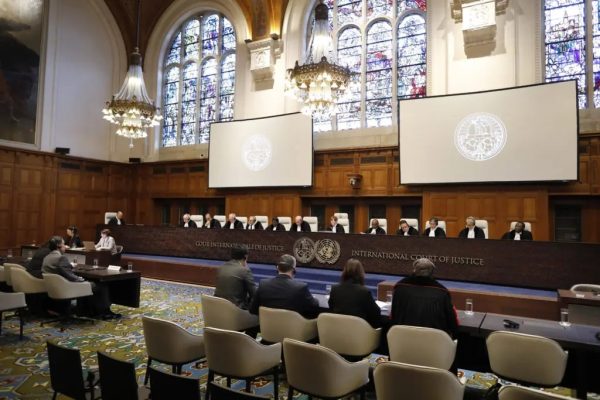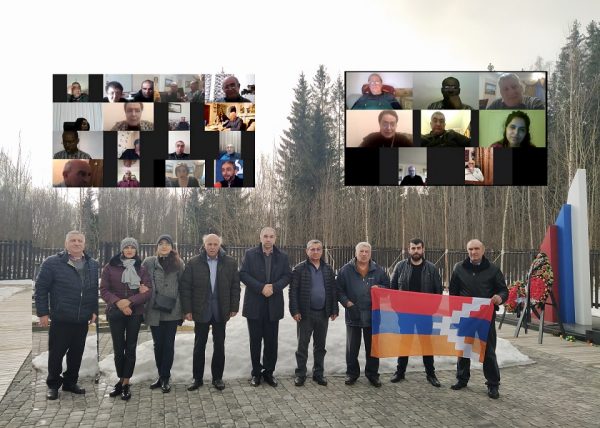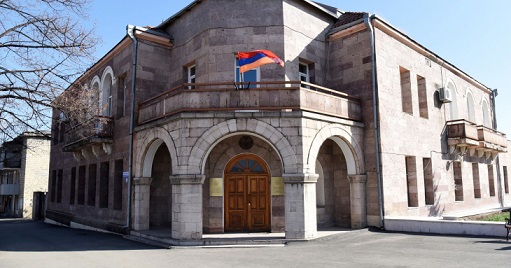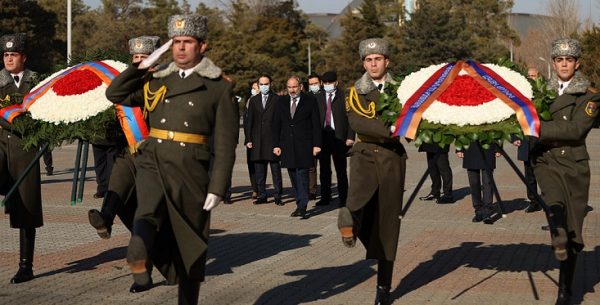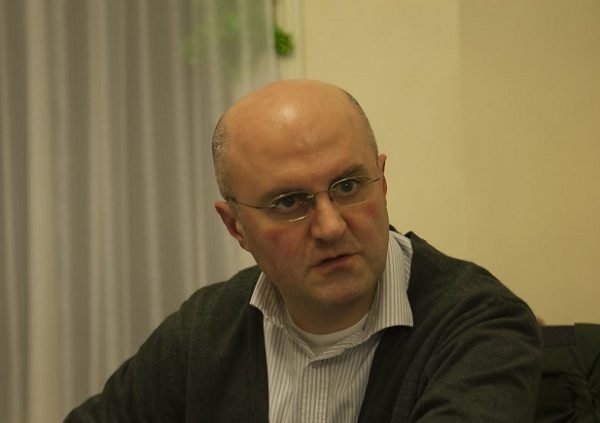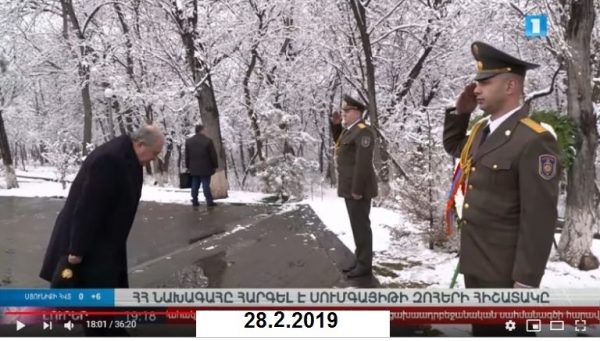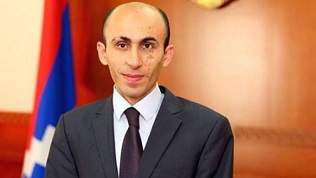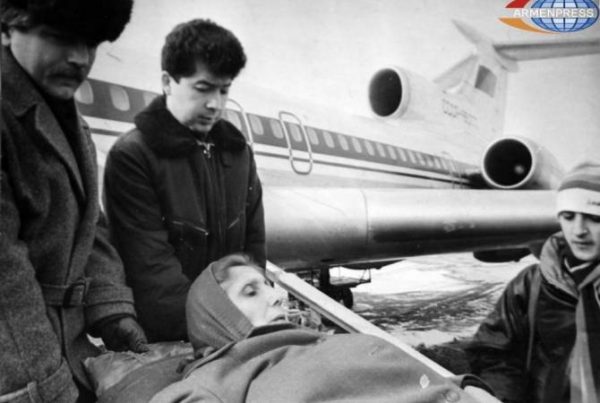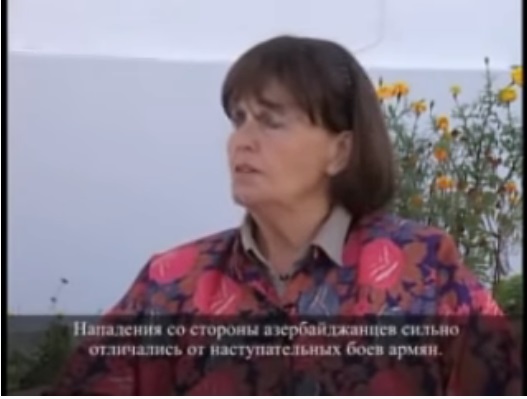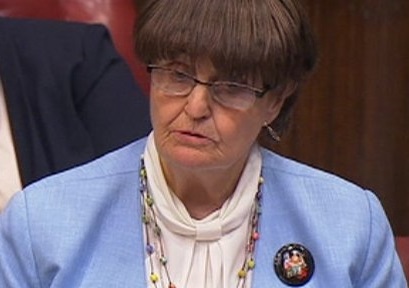International Court of Justice rendered on November 17, 2023 its order on the 5th request filed by Armenia
in Russian – https://armenpress.am/rus/news/1124391.html On 17 November 2023, the International Court of Justice rendered its order on the 5th request for provisional measures filed by the Republic of Armenia in the case brought against the Republic of Azerbaijan under the International Convention on the Elimination of All Forms of Racial Discrimination (CERD), by granting Armenia’s requests.
